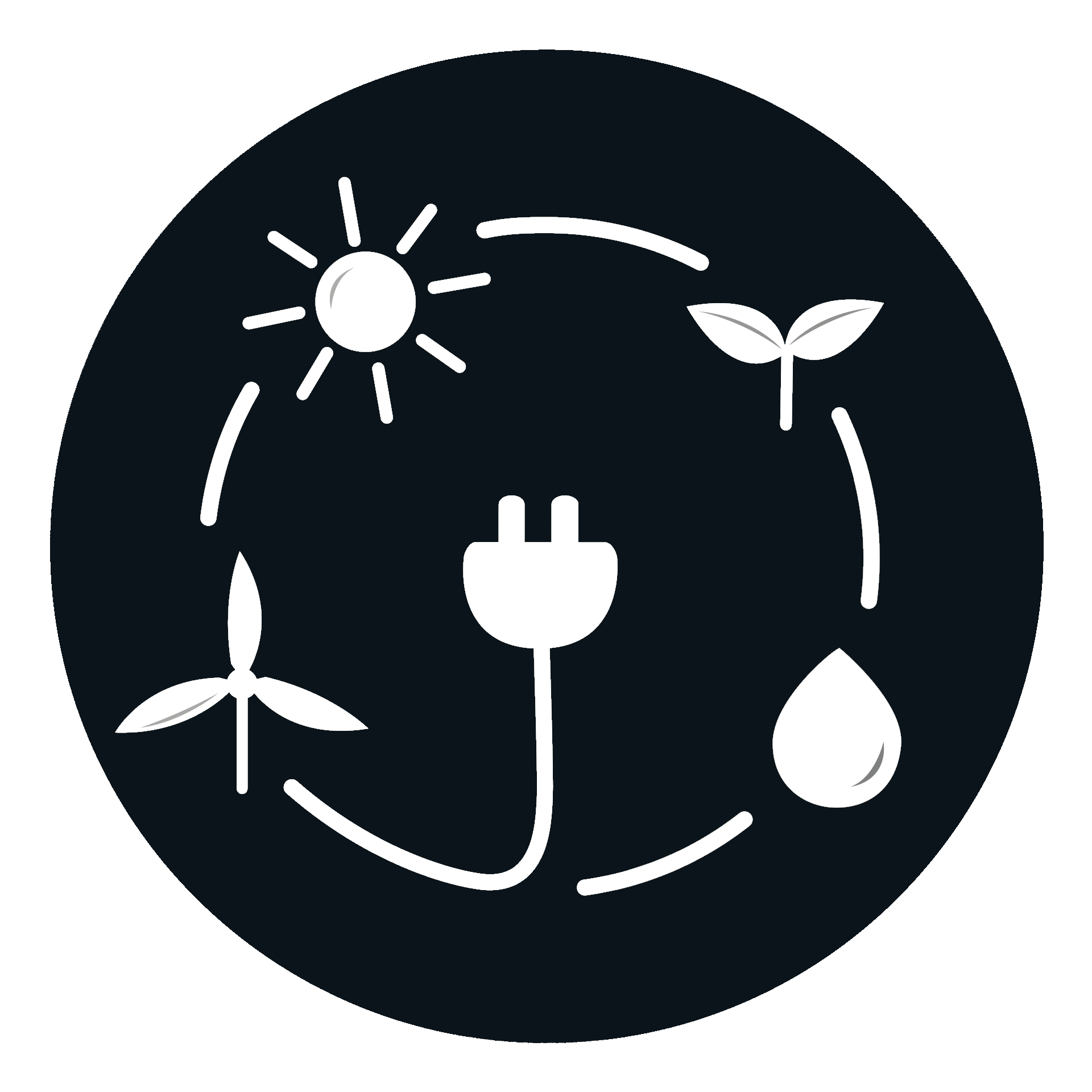I have been thinking about the big picture of the geopolitics of energy for a while and this was turbocharged when I read the book Prisoners of Geography. The author looks at ten regions, Western Europe, Russia, China, Arctic, etc. and considers how geography has and continues to lock them into policies and situations. It is an entertaining read with some interesting points that I hadn’t considered before. One theme that is consistent throughout the book, and which I had thought about, is the importance of energy supplies. This is not new, we all understand the issues of the Middle East make no sense without the context of oil and gas, and Russia’s use of gas supplies as a political tool are obvious. What was interesting was that it was a massive issue for most regions; arctic gas and oil reserves, Chinese access to oil, African oil supplies, Venezuelan oil, and so on. Beyond the physical location and topography energy has probably been the biggest single issue in geopolitics since the industrial revolution.
What was interesting was the thought that almost all these issues will be irrelevant, or at least much less important, in the next 20 years, maybe sooner. Issues that have dominated global politics for over a century will have largely vanished or morphed in the kind of time period which should already be influencing our national policy decisions.
The transition to a zero-carbon world, at least in Britain, is normally painted as something that can be achieved, but it is a place of greater restriction on our lives, rationing of things. We can save the environment, but only if we do less, have less. The opposite is true; we have cracked the code to unlimited, clean, ever cheaper (intermittent) energy, and the wealth that will bring as we reduce greenhouse gas emissions.
This unlimited, cheap zero carbon energy is all electricity, and a lot of our end uses are for oil and gas. Fortunately, at the same time most big end uses of energy are also electrifying. Almost all road transport will electrify over the next 20 years, and heating for buildings and water is likely to do the same, (some favour green hydrogen further down the line, but in any case, less oil or natural gas.)
We need to solve the intermittency problem, but this does not require qualitative technological breakthroughs; batteries and other technology offer short term storage (hours to a few days), and hydrogen or other fuels can be generated and stored for the inter-seasonal need. These are expensive now but dropping in price fast.
There are sectoral issues. Cement and steel emit CO2 regardless of the combustion source, but even here, there are solutions, being explored. In any case, as a backstop we can capture CO2 from the atmosphere using a variety of technologies. Now, they are very expensive and necessarily energy inefficient, but if we need to reduce that last few % and haven’t found ways to deal with aeroplanes or cement then we could use these methods, and synthetic fuels can already be made, they just need a lot of energy, and we will soon have lots of very cheap electricity.
It can be pointed out that renewable energy is still only about 5% of the global energy supply, but even that isn’t as bad as it sounds. We are going through a classic “S” curve in our energy system. At first renewable energy was expensive, so uptake was slow, there has been investment and subsidy which has driven the market, and now solar and wind are or soon will be the cheapest form of energy in most countries in the world. The deployment curve will steepen until we reach saturation point, and then it will flatten off. Looking at past deployment rates or the present situation is misleading. (See below from BP as an example of the issue. Renewable energy, excluding hydro, increased ten-fold in 20 years; it can do the same in the next 20 years.)
The price of wind and particularly solar are now so cheap and still declining that they may sweep all before them. (Nuclear, tidal, wave, biofuels and others also play variable roles, but aren’t seeing the same price drops yet.) Accepting you need to account for balancing costs of these intermittent technologies, the direction and price is still one-way. The change is from thinking of energy as a commodity that rises and falls, to consumer goods, which get ever cheaper. A good analogy is computer processing power; it is ever more available, at ever-cheaper prices. No-one ever wonders what will happen if computer prices go up, or if there will be less processing power next year.
From the supply side, why would you build a coal power plant, if solar or wind, or other was cheaper? On the demand side, why would you buy a petrol car, when an electric one is cheaper, and better in every other way?
In some countries this will be easier than others. In the tropics many will be able to use almost purely solar and batteries / hot water. This is because they have reliable 12 hours of sun a day. In the UK we are lucky to have almost unlimited offshore wind capacity, (with nuclear, onshore wind, and some solar). Other countries have both wind and solar. There will be countries where this is less easy, where they don’t have masses of sunshine, or wind. Countries like Czechia or Austria have moderate wind and solar potential, but big seasonal variation and no coastline. Even, here though they will be able to generate significant cheap renewable energy and are increasingly part of a wider regional energy network.
The overall impact of this is wonderful. There is lots to do, but we should be able to mitigate the worst effects of man-made climate change in our move to a very low carbon world, whilst increasing wealth. But, at the same time, we need to think about how this changes the geopolitics, which, managed well will enhance the benefits, managed badly could bring serious consequences. Some of the impacts are obvious; continental Europe has already reduced dependence on Russian gas, but this will probably be almost eliminated by 2040. Demand for oil globally is likely to start declining this decade and the whole global economy decoupling. How will countries that have a high dependence on oil and gas income respond to the challenge? Will countries with high renewables potential become major suppliers? How will alliances and priorities change and shift? There will be losers as well as winners, at least in the short term and that may reduce stability.
There is clearly a lot going on in our sector, but we need the long term thinking and analysis to be ready for a completely different world where there are fewer prisoners, less tension, but plenty to think about.


Leave a Reply